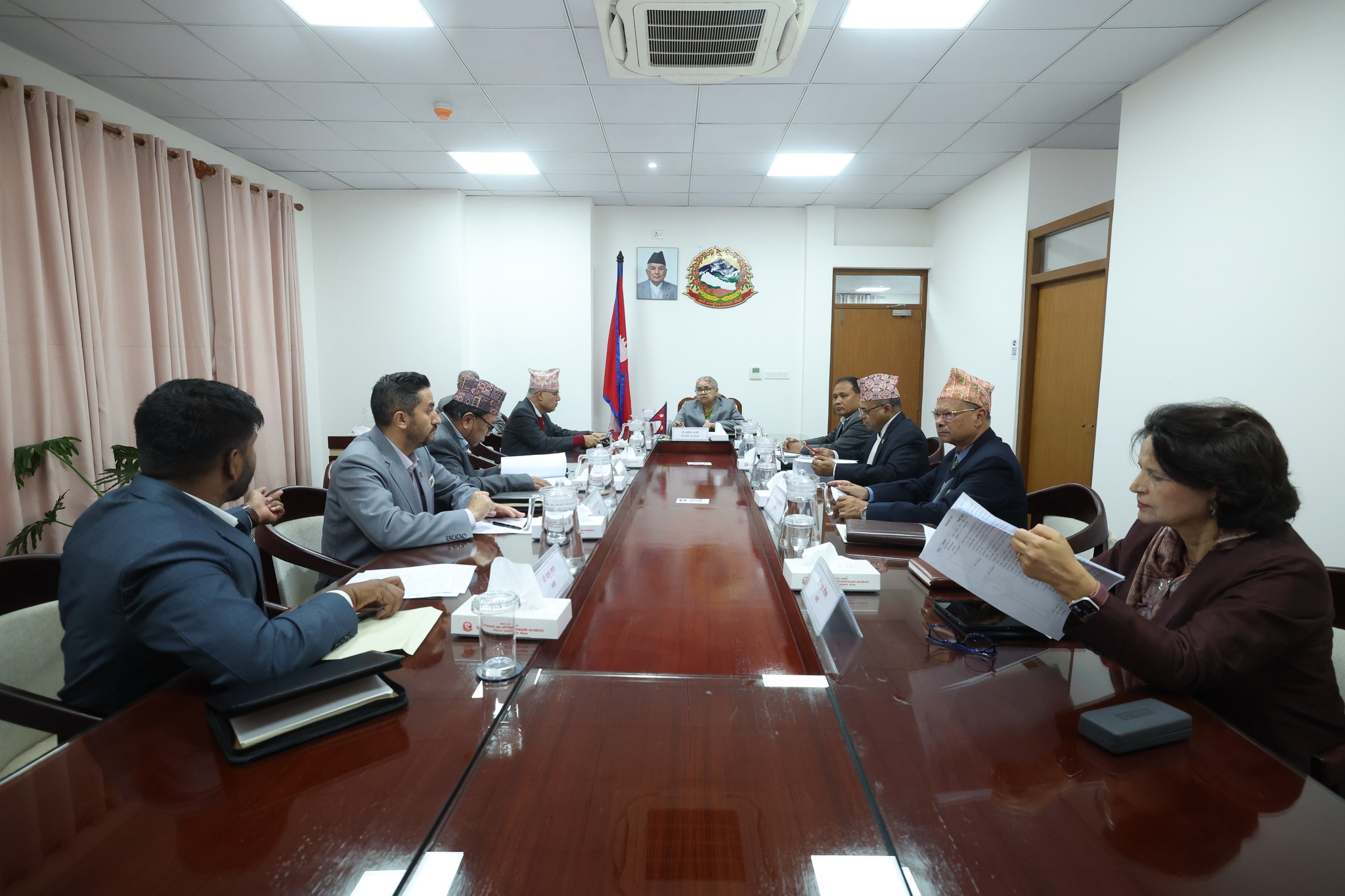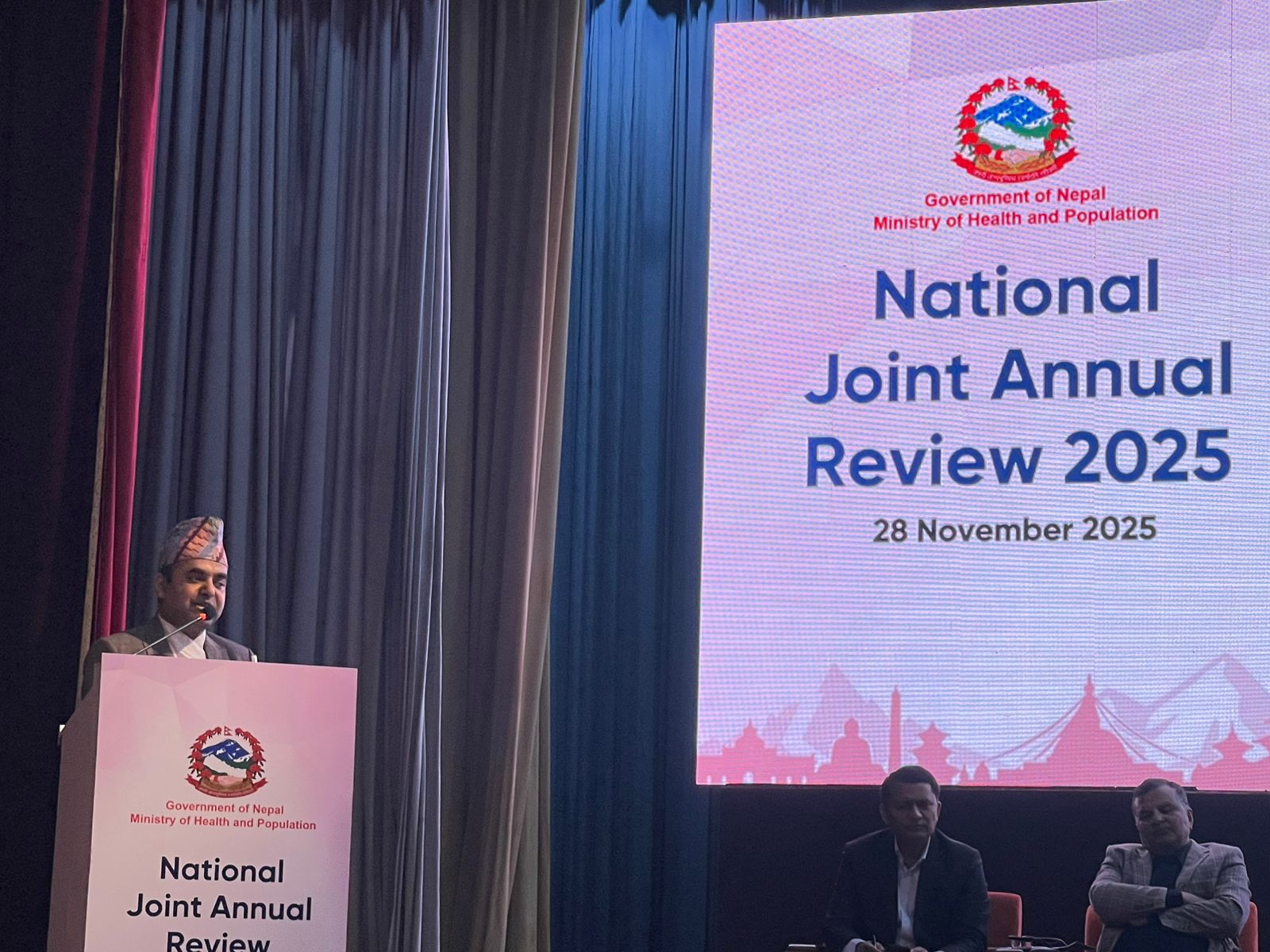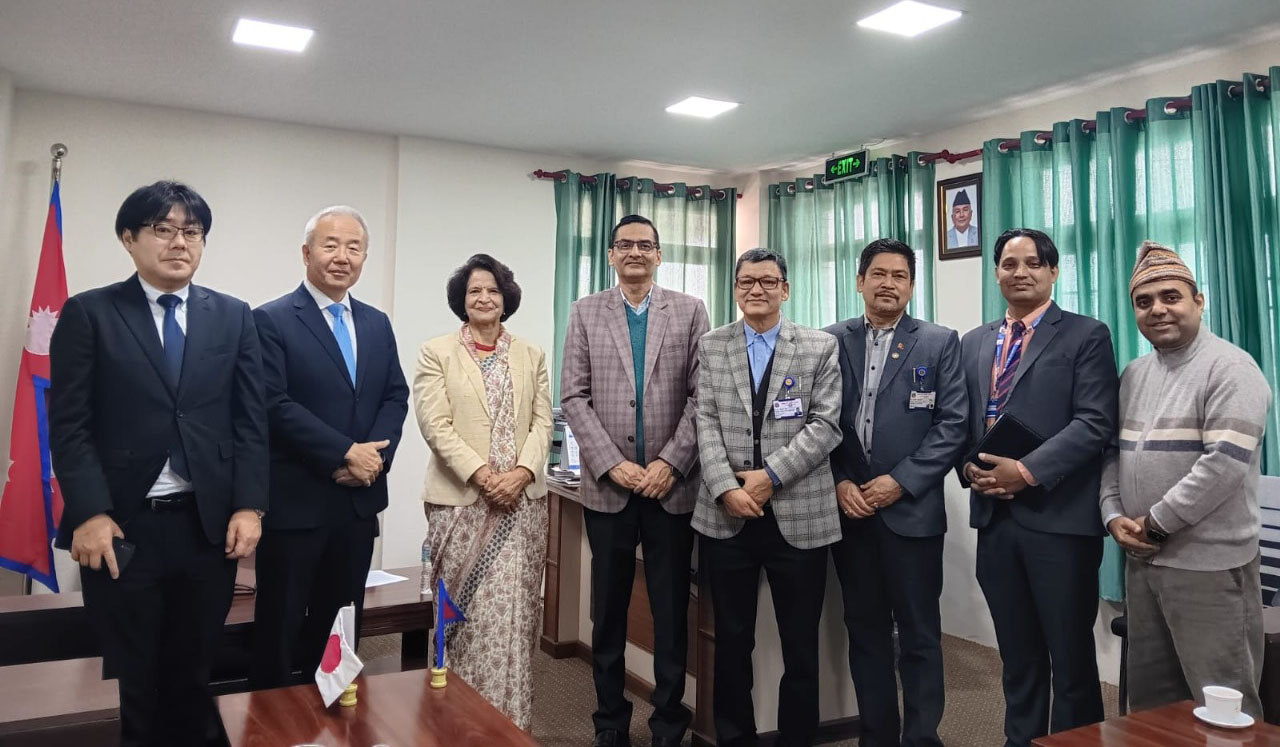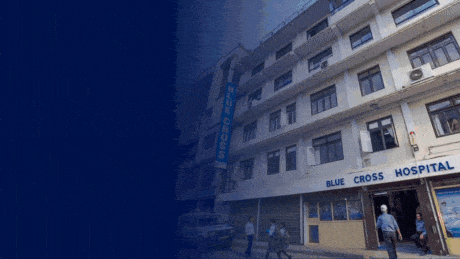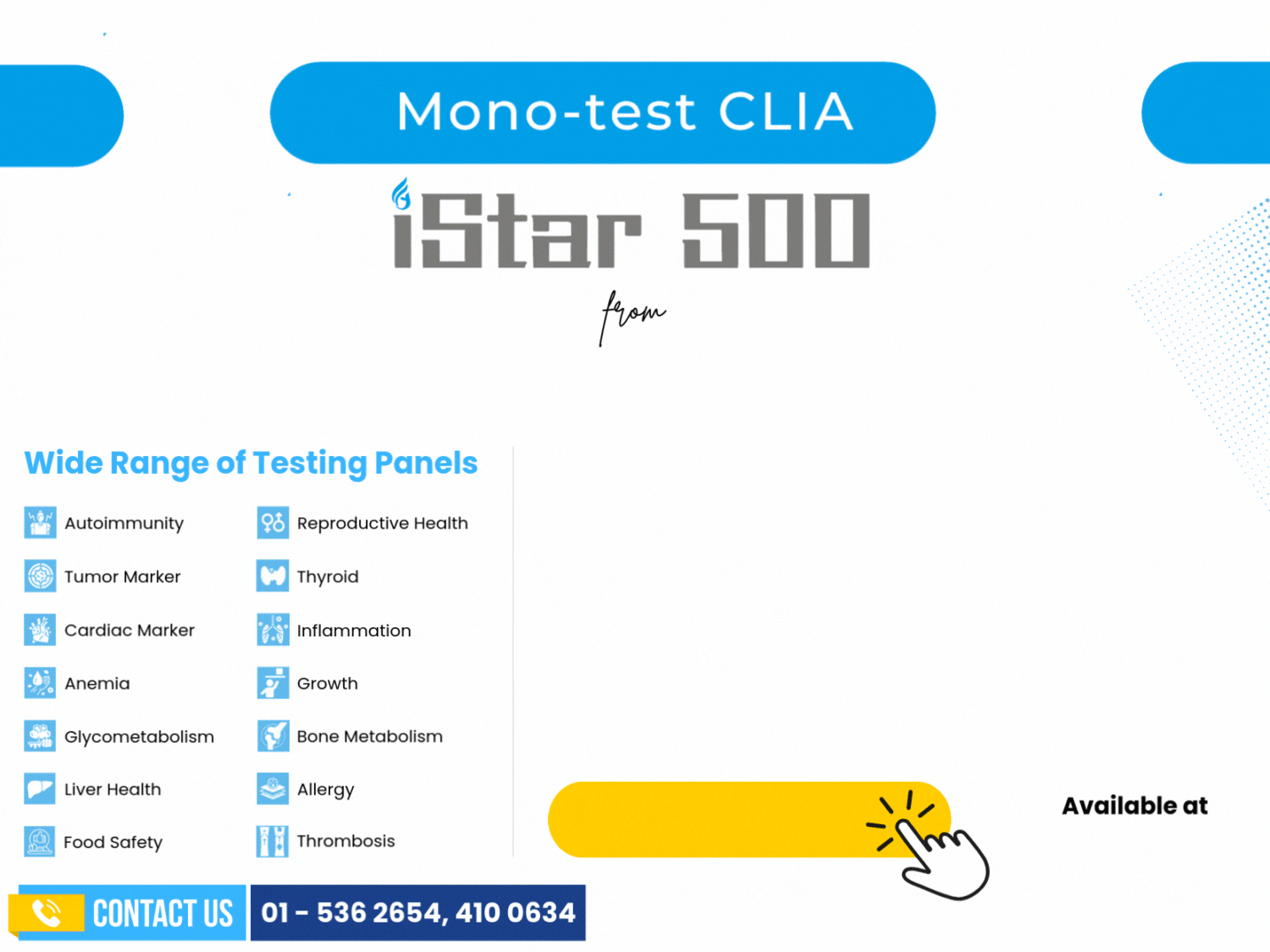
Nepal’s health insurance program, nearing its tenth year, faces significant challenges in claim management and operational efficiency, despite expanded coverage. Dr. Suman Sharma Paudel, an Ayurvedic physician, health researcher, and expert in Nepal’s health insurance system, highlights these issues based on field evaluations in Madhesh Province.
Limitations of the Current IMIS System
The Integrated Management Information System (IMIS), adopted from Tanzania in 2014, was designed for administrative and statistical management rather than comprehensive health insurance claim processing. Its limitations include incomplete claim submissions, lack of interactive modules, and absence of direct digital communication between hospitals and the Health Insurance Board. These shortcomings hinder effective claim tracking and resolution.
International Best Practices
Countries like India, Germany, and Rwanda have implemented advanced digital claim processing systems.
India: The Transaction Management System (TMS) under the Pradhan Mantri Jan Arogya Yojana ensures transparent communication among hospitals, insurers, and evaluators, with real-time claim tracking.
Germany: Utilizes a standardized electronic claim system with AI-based audits, facilitating real-time, paperless, and interoperable claim processing.
Rwanda: Employs a hybrid model combining OpenIMIS and TMS, achieving over 80% population coverage with transparent digital claim management.
Proposed Implementation of TMS in Nepal
Dr. Paudel advocates for the adoption of a customized TMS in Nepal to enhance transparency, accountability, and efficiency in health insurance claim management. Key features would include:
Mandatory completion of required documents before claim submission.
Real-time tracking of claim status.
Two-way communication between hospitals and the Health Insurance Board.
Defined turnaround times for both hospitals and the board to ensure timely processing.
The estimated cost for developing and implementing such a system ranges between NPR 2-3 crores, which is considered a worthwhile investment for the anticipated improvements in service quality and system reliability.
While IMIS has contributed to administrative functions, it falls short in managing health insurance claims effectively. Integrating IMIS with a dedicated TMS could significantly enhance the performance and credibility of Nepal’s health insurance system.
swasthyaadmin
Published: June 3, 2025



